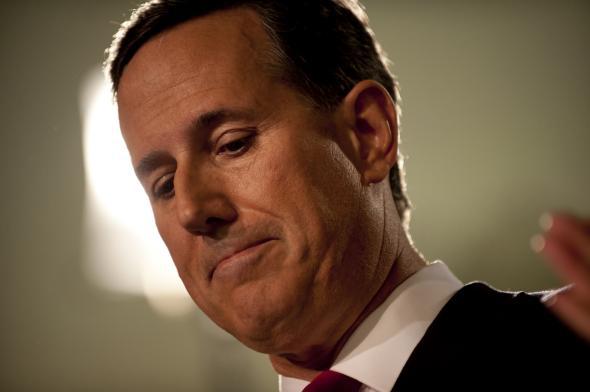On Wednesday night a gunman—later identified by police as 21-year-old Dylann Roof of Columbia, South Carolina—shot and killed nine people at a weekly Bible study meeting at Emanuel African Methodist Episcopal Church in Charleston.*
This is what we know: Most if not all of the nine victims, including the 41-year-old Rev. Clementa Pinckney, a pastor at the church and a state senator, were black. The church isn’t just a historically black church—it is a living landmark of black resistance to slavery and racism. Roof, meanwhile, is white. In his Facebook profile photo, he is wearing a jacket that features two patches long associated with white supremacy: the first, the flag of apartheid-era South Africa; the second, the flag of Rhodesia, the internationally unrecognized, white-ruled nation that would become Zimbabwe. According to one of Pinckney’s cousins, an eyewitness told her that during the shooting, Roof said: “I have to do it. You rape our women and you’re taking over our country. And you have to go.” According to one of Pinckney’s high school classmates, Roof “had that kind of Southern pride” and “made a lot of racist jokes.”
There is much we still do not know about Roof and his alleged motives—and much we may never know—but knowing what we do, it is difficult, if not impossible, to see the crime as something that was not motivated largely by racism. A white man walked into a black church and killed black men and women while allegedly shouting a phrase—“you rape our women”—that has long been used as justification to inflict horrific and senseless violence on black men. Local and federal officials didn’t have to squint to see the line that connects those dots. “We believe this is a hate crime; that is how we are investigating it,” Charleston Police Chief Greg Mullen told reporters. The U.S. Department of Justice, likewise, came to the same initial conclusion and opened a civil rights investigation into the mass shooting.
You know who is not eager to see this shooting as racially motivated? Most of the Republicans running for president. Top-tier candidates such as Jeb Bush, Scott Walker, and Marco Rubio offered short statements on Twitter extending their prayers and condolences to the victims and the community, but all avoided any mention of the gunman’s apparent racist motivation or even the victims’ race. In the immediate wake of an attack like this, such caution is understandable from a presidential candidate, if not necessarily laudable. But several Republican hopefuls were willing to jump right in—although where almost everyone else saw an attack on a race, they saw an assault on a religion.
“It’s obviously a crime of hate. Again, we don’t know the rationale, but what other rationale could there be? You’re sort of lost that somebody could walk into a Bible study in a church and indiscriminately kill people,” Rick Santorum told a New York radio host. The former Pennsylvania senator continued: “This is one of those situations where you just have to take a step back and say we—you know, you talk about the importance of prayer in this time and we’re now seeing assaults on our religious liberty we’ve never seen before.”
Ben Carson was similarly quick to stress religion, although he at least acknowledged race before making the pivot. “In my lifetime I have seen such great progress. Though racial based hate is still very much alive as last night so violently reminded us,” he wrote on Facebook. “But I worry about a new hate that is growing in our great nation. I fear our intolerance of one another is the new battleground of evil. Today many feel it is ok to hate someone who thinks differently than you do.”
Rubio made no mention of the shooting during his speech at today’s Faith and Freedom Coalition Conference, a Christian conservative summit that also featured Rand Paul and Ted Cruz. Paul talked about the shooting very briefly, but didn’t bring up race. “What kind of person goes in a church and shoots nine people?” he said. Both he and Rubio, however, proceeded to spend the lion’s share of their remarks talking about the importance of protecting religion in America. Completing the juxtaposition was this oddly timed comment from Paul: “You can be a minority because of the color of your skin—or the shade of your ideology.”
Ted Cruz, who spoke after Paul and Rubio, stood out for his willingness to at least acknowledge that there was a racial aspect to the shooting. “I want to begin by just reflecting on the horrific tragedy of last night,” the Texas Republican said before asking for a moment of silence to honor the victims. “A sick and deranged person came and prayed with a historically black congregation for an hour and then murdered nine innocent souls.”
On the Democratic side, meanwhile, both Hillary Clinton and Bernie Sanders stood out for their willingness to wade directly in while their GOP rivals remained on the shore. Speaking in Nevada, Hillary said that the nation has “to face hard truths about race, violence, guns and division.” And Sanders offered this frank assessment, via Twitter: The shooting was “a tragic reminder of the ugly stain of racism that still taints our nation.”
*Correction, Friday, June 19: An earlier version of this post misspelled the name of the Emanuel African Methodist Episcopal Church.
